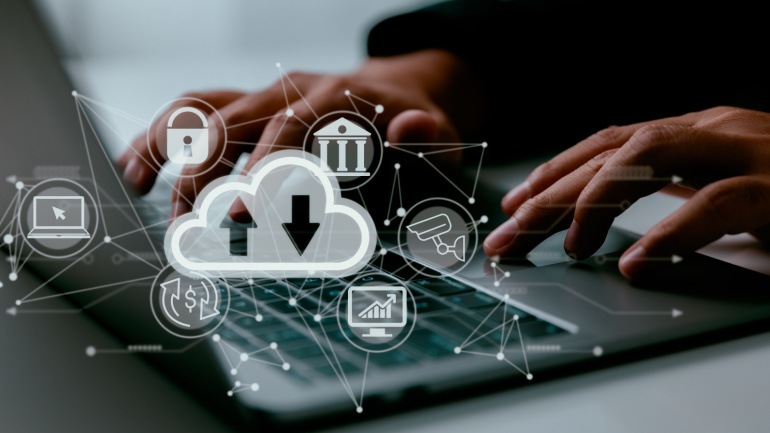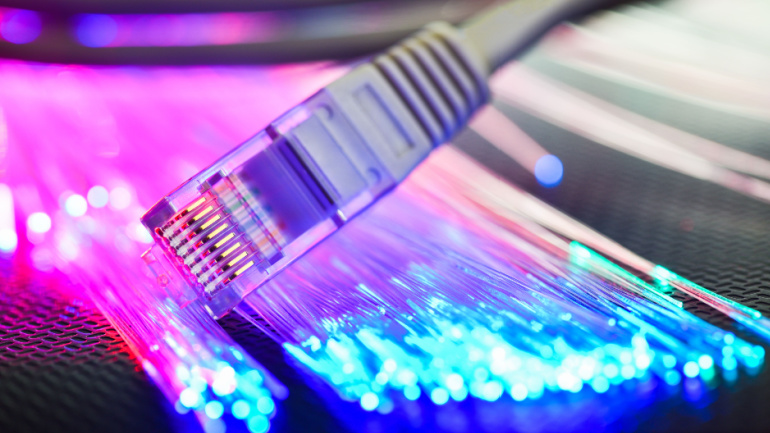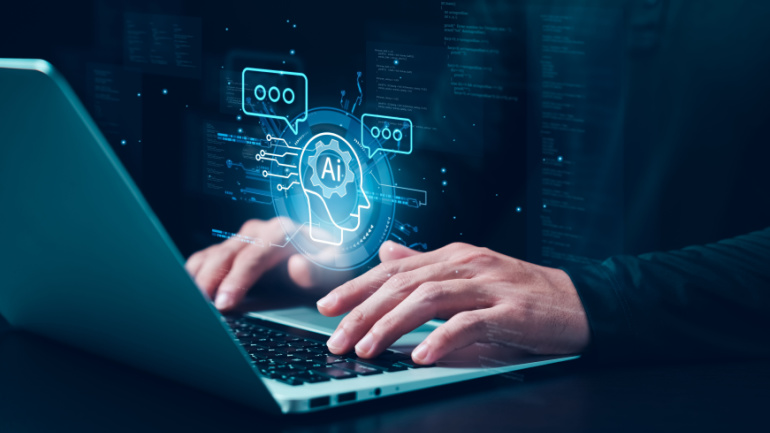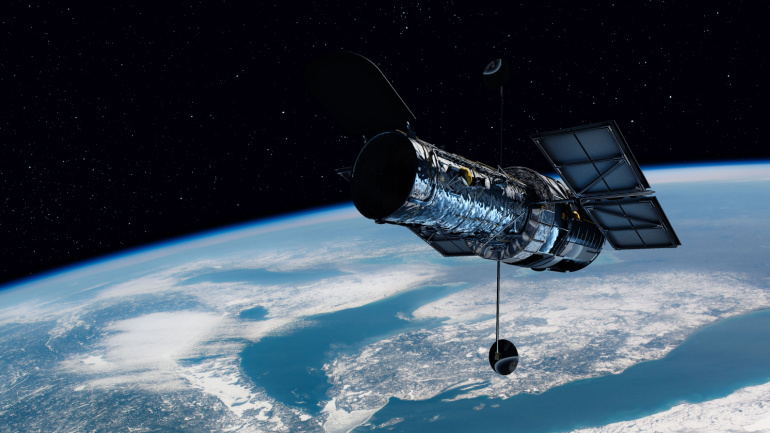In a groundbreaking development, Project Kuiper has revealed the successful testing of advanced optical communications payloads on its prototype satellites, KuiperSat-1 and KuiperSat-2. The optical inter-satellite link (OISL) capabilities, previously kept confidential, demonstrated the ability to maintain 100 Gbps links over a distance of nearly 621 miles during testing in October.
In a strategic move to fortify the European Union’s standing in the global cloud computing sector, the European Commission has greenlit a substantial €1.2 billion state funding injection. The funding is earmarked for the Important Projects of Common European Interest (IPCEI) Next Generation Cloud Infrastructure and Services (IPCEI CIS), a collaborative initiative involving seven member countries: France, Germany, Hungary, Italy, the Netherlands, Poland, and Spain.
Kansas has taken a significant stride towards improving statewide internet connectivity by allocating $28.5 million in grants through the Lasting Infrastructure and Network Connectivity (LINC) program. Aimed at bolstering broadband infrastructure, the LINC funding prioritizes achieving minimum speeds of 100/20 Mbps, enhancing internet exchange point facilities, and fortifying middle-mile infrastructure.
Elliott Investment Management criticizes Crown Castle’s underperformance, pushing for an overhaul, including a new leadership team and board. Boldyn Networks activates a ‘small cell’ near King’s Cross, partnering with EE to boost coverage and speed in London. AWS expands Amazon Bedrock with new generative AI features, including leading models, customization options, and safeguards. Windstream’s Kinetic is launching a $32.5 million fiber project in Georgia, partnering with an electric cooperative, aiming to connect 17,000 homes and businesses in Colquitt County.
In the wake of a profound digital transformation, businesses are strategically navigating the evolving landscape of generative artificial intelligence (genAI), propelling them into a new era of adaptability and innovation. The surge in genAI-related job postings, as reported by GlobalData’s Job Analytics Database, reflects a growing commitment among companies to stay relevant and competitive in this dynamic environment.
OneWeb, a Eutelsat entity, gained India’s coveted regulatory endorsement to usher in its satellite broadband service, evoking enthusiastic response from Eutelsat’s co-chair, Sunil Bharti Mittal. This development signifies a new era for India’s internet coverage in line with the Prime Minister’s digital vision. However, a crucial spectrum allocation by the government awaits, making OneWeb’s journey not entirely smooth sailing. An array of procedural and regulatory hurdles demands navigation, alongside competing market perspectives delaying the process.
In the ongoing debate over Big Tech’s ‘fair share’ contribution to telecom infrastructures, new findings from the Belgian Institute for Postal Services and Telecommunications call into question the validity of the argument. BIPT concludes attributing Big Tech solely for data streams might be over simplistic, citing investments made by Content Application Providers in broader infrastructures. The study raises important concerns about the potential negative impact for end-users, small local CAPs, and the principle of net neutrality.
Gartner forecasts a huge 20.4% increase in public cloud services expenditure by 2024, hitting an astounding $679 billion. This surge in spending could be primarily driven by business needs and innovative technologies like generative AI. Interestingly, all cloud market segments Gartner monitors are set to grow, with Infrastructure-as-a-service (IaaS) leading the pack at 26.6%. That said, as the cloud market evolves in response to business outcomes, non-technical issues such as cost, privacy, and sustainability are crucial considerations for an effective GenAI deployment.
IBM and AWS are joining forces to enhance generative AI solutions. IBM Consulting will train 10,000 consultants in AWS generative AI by 2024, offering services like Contact Center Modernization with Amazon Connect. Sinch is partnering with Webex by Cisco to launch Sinch Calling with Webex, an integrated product combining messaging, meetings, and voice capabilities. Ooma is expanding its services to the Asia Pacific region to support IWG’s work solutions, providing phone and unified communications services. Connectbase is expanding data capabilities in The Connected World platform, offering detailed tenancy data for network operators expanding in the UK and Ireland.
Explore EE’s new ‘everything app’, aiming to centralize device sales and manage subscriptions. This all-encompassing platform offers the ability to purchase gaming accessories or trade devices. Alongside this, EE has introduced enhanced broadband and mobile packages, and a focus on personalized customer service. As the company confidently adjusts to its innovative role within the telecommunications landscape, competitors are left needing to pick up the pace.













